Blackouts & Fainting (Syncope): What You Need to Know
Blackouts or fainting episodes—also known as syncope—can be frightening and disruptive. While occasional fainting can be harmless, frequent or unexplained blackouts may be a sign of an underlying heart condition that needs urgent evaluation.
At Dr Li’s private cardiology clinic in London, we specialise in diagnosing the causes of blackouts and fainting, using the latest cardiac testing and monitoring tools. If you or someone you care about has experienced a blackout, don’t ignore it—expert assessment can provide answers and peace of mind.
What Is Syncope?
Syncope is the medical term for a temporary loss of consciousness due to reduced blood flow to the brain. This typically results in a sudden collapse or faint. In most cases, consciousness is regained within a minute or two, but the cause should always be investigated—especially if the episode is recurrent, unexplained, or accompanied by other symptoms such as chest pain or palpitations.
Common Causes of Fainting and Blackouts
Fainting can have many causes, which are often grouped into three categories:
Reflex (Vasovagal) Syncope
Triggered by stress, pain, fear, or standing too long
Often harmless, especially in younger individuals
May be preceded by warning signs like nausea, sweating, or lightheadedness
Cardiac Syncope
Caused by abnormal heart rhythms (arrhythmias) or structural heart problems
Can occur suddenly without warning
May indicate serious issues such as:
Bradycardia (slow heart rhythm)
Tachycardia (fast or irregular rhythm)
Heart block
Aortic stenosis
Cardiomyopathy
Orthostatic Hypotension
Caused by a sudden drop in blood pressure when standing up
More common in older adults or those on blood pressure medications
Symptoms to Watch For
If you experience any of the following, it’s important to seek evaluation from a cardiologist:
Loss of consciousness, even briefly
Dizziness or lightheadedness
Palpitations or irregular heartbeat before fainting
Chest pain or shortness of breath
Blackouts with no warning signs
Falls or injuries associated with fainting
When Is Fainting Serious?
While occasional fainting may be harmless, it can also be the first sign of a heart rhythm disorder or heart disease.
It’s especially important to see a specialist if:
You have a known heart condition
You faint during exercise
You experience chest pain or shortness of breath before a blackout
You have a family history of sudden cardiac death
Diagnosis of Blackouts at Dr Li’s Private Cardiology Clinic in London
Dr Li offers a full range of diagnostic tests to identify the cause of blackouts and fainting, including:
Electrocardiogram (ECG)
24-hour or longer-term Holter monitoring
Implantable loop recorder (ILR) for longer-term rhythm tracking
Echocardiogram (ultrasound of the heart)
Tilt table testing for suspected vasovagal or orthostatic syncope
Blood tests, including electrolyte and thyroid levels
Each evaluation is personalised, and you’ll receive a clear diagnosis and tailored treatment plan.
Treatment Options for Blackouts & Fainting
Treatment depends on the underlying cause:
Lifestyle adjustments for vasovagal syncope (e.g., hydration, salt intake, physical counter-manoeuvres)
Medication review or changes if blood pressure drugs are contributing
Pacemaker implantation for bradycardia or heart block
Catheter ablation or medication for abnormal heart rhythms
ICD (Implantable Cardioverter Defibrillator) in patients at risk of life-threatening arrhythmias
Dr Li has particular expertise in diagnosing and treating arrhythmia-related blackouts, using the most advanced techniques in rhythm management and cardiac monitoring.
Book a Private Cardiology Appointment in London
Whether your fainting episodes are new or ongoing, Dr Li will help uncover the cause and provide peace of mind with a clear, effective treatment plan.

